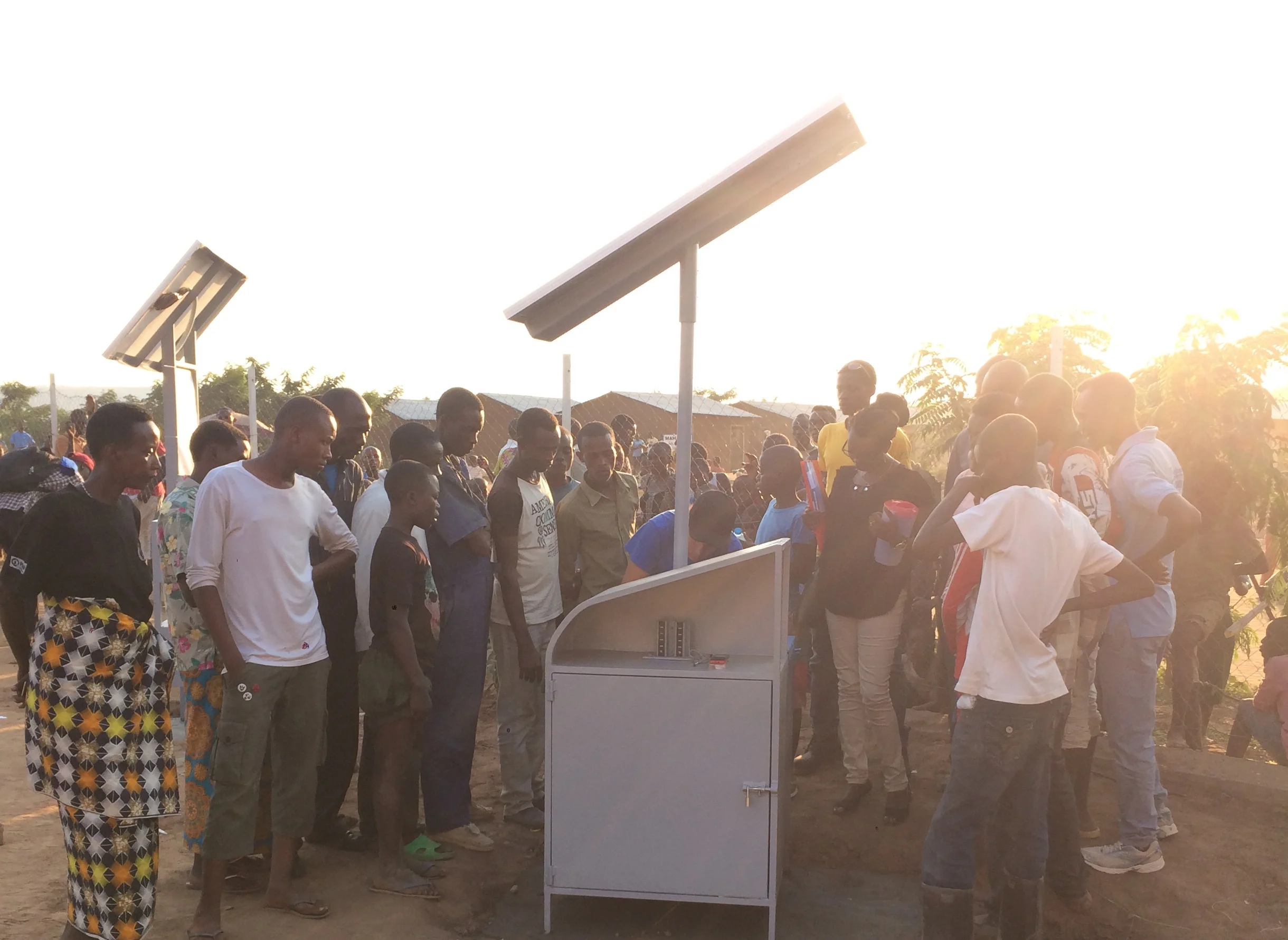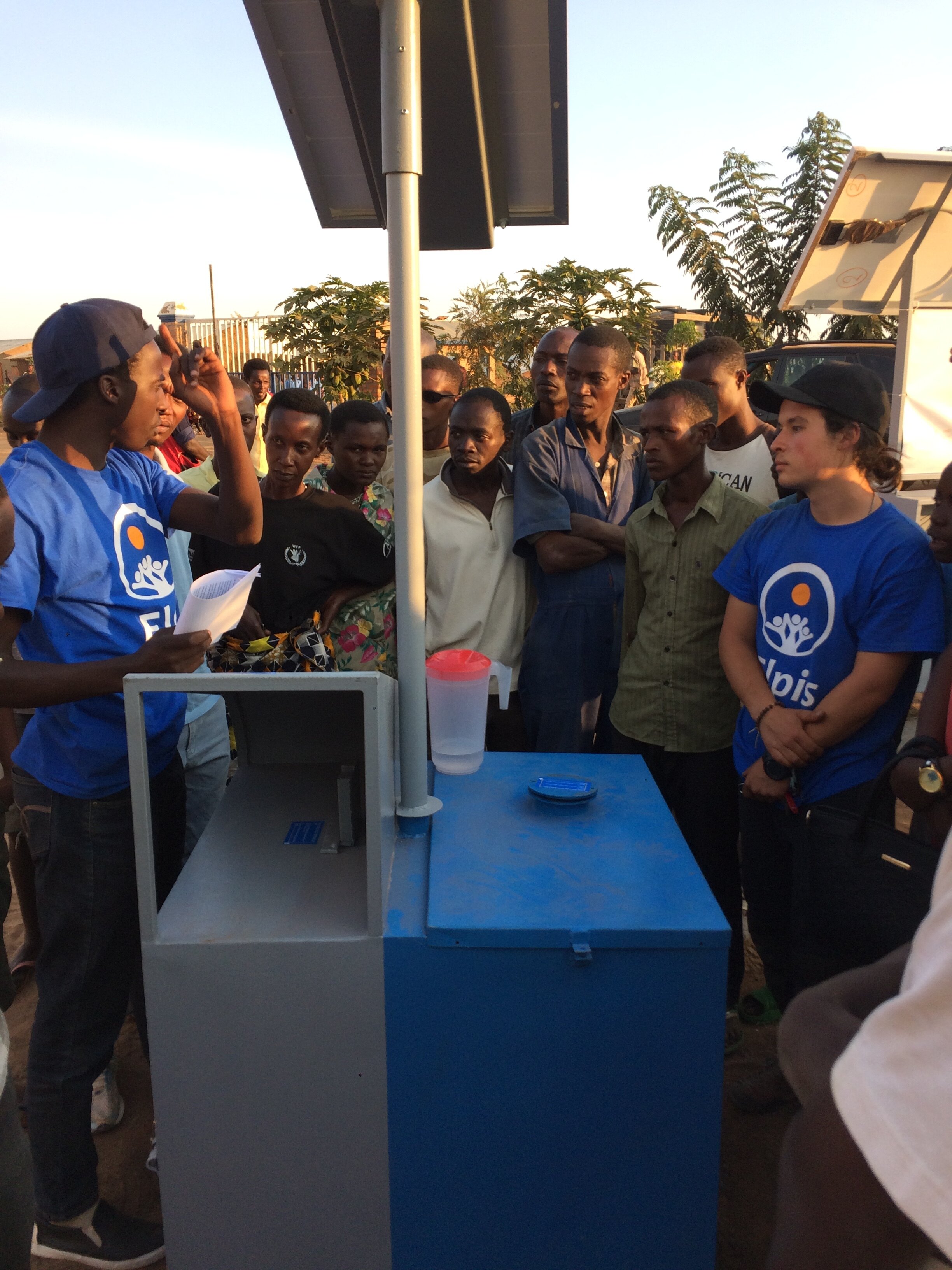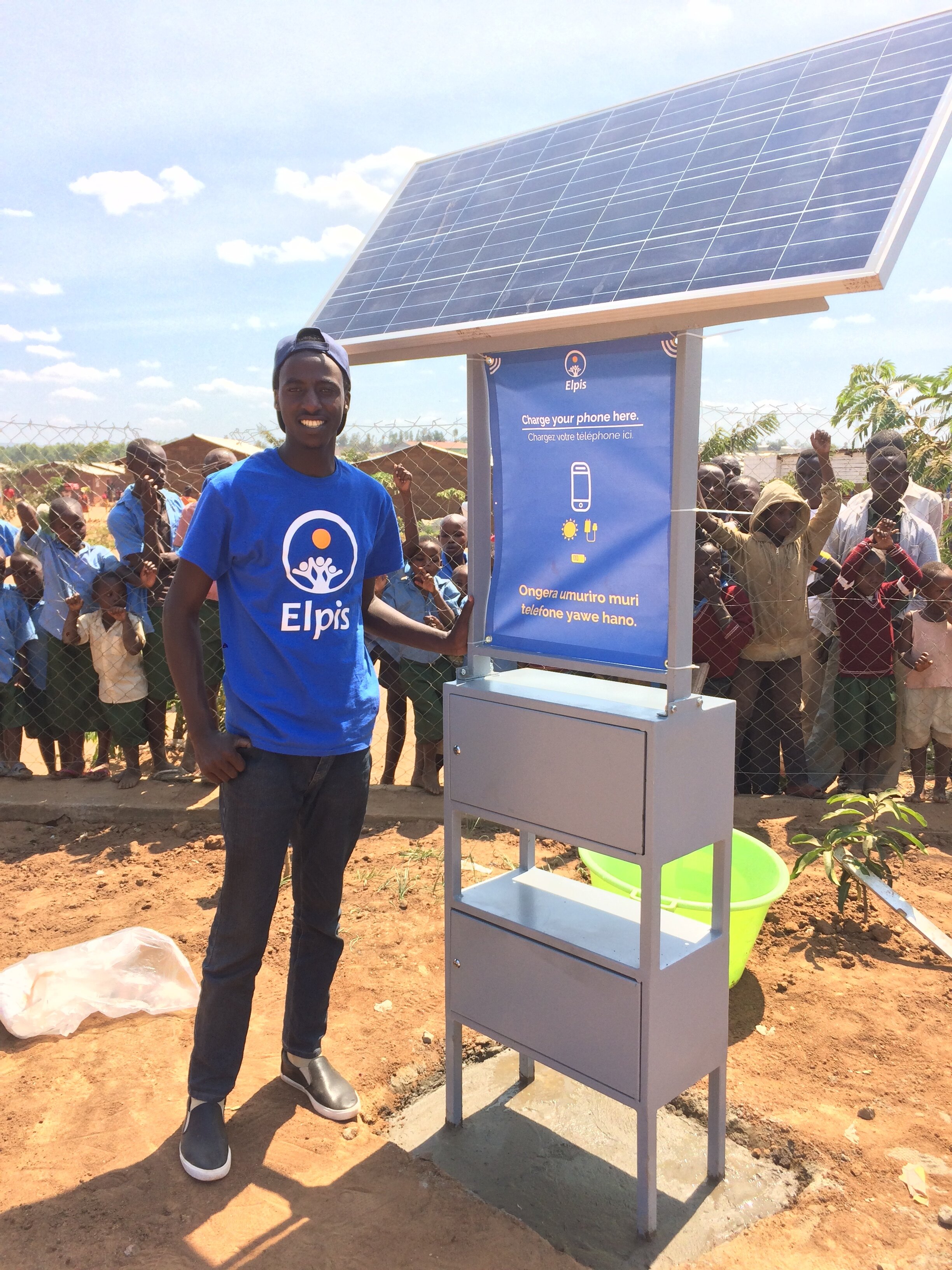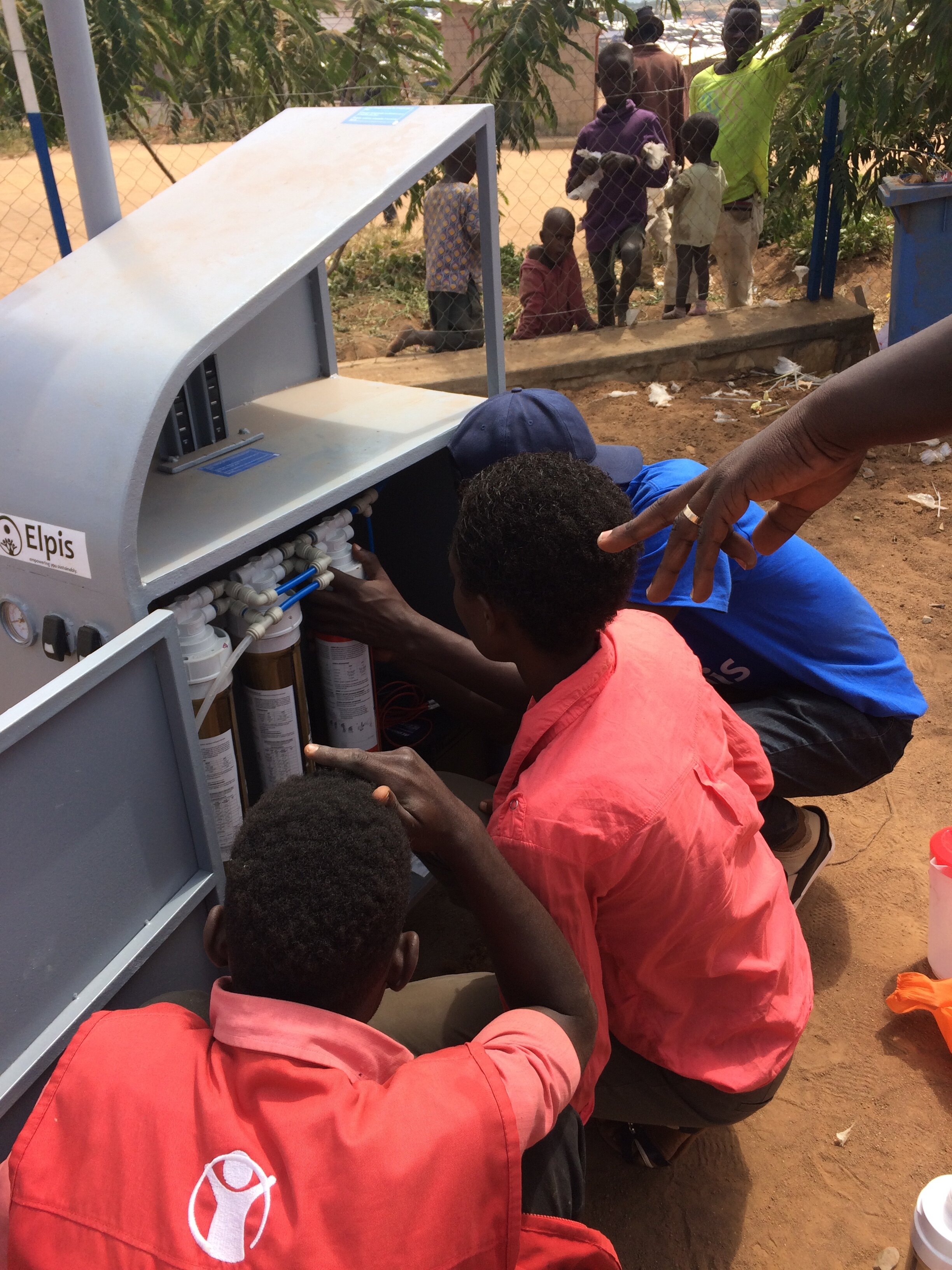Hello World
Hello World is helping solve the global education deficit by working with the most marginalised communities to build state-of-the-art, outdoor Internet Hubs and bridge the digital divide. Each Hub provides free internet access and world-class educational software to over 1,000 people, giving underprivileged children and adults an education and a voice in the global community.
Hello World partners with communities to build Hello Hubs — solar-powered, Wi-Fi-enabled computer kiosks, each fitted with eight tablet screens and offers Wi-Fi connectivity to anyone with their device. The community can access the internet via the devices in the hub or through any device capable of accessing a Wi-Fi signal. Hubs are built in partnership with the community and are designed to be durable, affordable, and easily repairable. By teaching the community to build, maintain, and repair the hub during its installation, the hub becomes community property. To date, Hello World has built 32 Hello Hubs in Nepal and Uganda and has connected 32,000 people to free internet, helping them gain access to education resources, new skills, and communication.
Humans in the Loop
Humans in the Loop was founded in Bulgaria in 2017 to provide conflict-affected people with training and employment opportunities, teaching digital skills, languages and train people on specific annotation techniques and tools. These courses give the beneficiaries the skills that they need to work on clients’ data collection and labelling projects.
Project: Humans in the Loop
Countries: global
Humans in the Loop (HitL) was founded in Bulgaria in 2017 to provide conflict-affected people with training and employment opportunities. HitL teaches digital skills, languages, and trains people on specific annotation techniques and tools. These courses give beneficiaries the skills that they need to work on clients’ data collection and labelling projects.
Image and data annotation is a growing market, expected to reach $5 billion worldwide by 2026. The annotation work that HitL do is necessary for machine learning and Artificial Intelligence across a wide range of sectors such as self driving cars, drones, satellites, medical imagery, and agritech. The results are used by clients to develop some of the most innovative solutions in the field of artificial intelligence.
HitL offers flexible hours and work that can be done from home so it's very appropriate for those with childcare responsibilities and is resilient to situations like the COVID-19 lockdown during which our workers had uninterrupted access to work.
By using a unique model coupling training with employment, HitL makes it easier for people to dedicate time to acquiring new skills, which is one of the main challenges for adults who are also financially responsible for their families and can't afford to reject paid work in order to attend classes. HitL annotators receive language lessons and technical IT training that are extremely practical and related to the work that they do, while at the same time having the security of earning a wage through easy and accessible work.
In the three years since its start, HitL has provided employment opportunities to more than 300 refugees in Bulgaria, Turkey, Syria and Iraq. One of the key goals is to promote gender equality amongst our workforce. To date, between 50% and 60% of our beneficiaries in every country are women. This is especially impressive considering that worldwide, women make up only 16% of the global ICT workforce!
The training and employment opportunities that are provided give our beneficiaries new and improved skills, confidence, and work experience, as well as much-needed finance to support themselves and their families in the short term. With the additional skills, confidence and experience that HitL provide, workers are enabled to apply for and secure a range of other decent work opportunities which will allow them to support themselves and their families and to be self-sufficient in the long term.
Thaki
Thaki provides refugee and vulnerable children with offline access to digital educational content through a bespoke learning platform that promotes employment related and future focused skills.
Project: Digital Literacy Rights
Country: Lebanon
Partner: Thaki
Lebanon is suffering from an extreme economic calamity and is plagued by one of its worst unemployment crises in history. It currently hosts the highest rate of refugees per capita in the world with 1.5 million Syrian refugees and over 200,000 Palestinian refugees. 76% of Syrian refugees and approximately 50% of Lebanese in Lebanon are living below the poverty line – and these figures are prior to COVID-19 and the Beirut blast of August 4, 2020. The education of these children is particularly concerning, with many children missing out on their schooling. Children who are out of school take to the streets, work at too young on age, become child brides or fall prey to extremist groups and other dangerous fates. A particularly concerning threat is the enrollment rates in a secondary school which are drastically declining.
Thaki’s model creates socially responsible public-private partnerships that work towards addressing the educational crisis in the region. Thaki engages the private sector through donations of gently used e-devices, allowing the private sector to take an active role in addressing one of the region’s most pressing issues and equipping teachers and children with future-focused skills needed for employability. Thaki also provides a green solution to e-waste. To date, and in partnership with recipient education centers, Thaki has reached an estimated 9,000 children throughout Lebanon.
Project Description
Thaki bridges the digital divide by providing user-friendly content that can be 100% accessed offline, addressing internet connectivity constraints, and ensuring that students have access to education. Thaki’s tools include a Digital Toolkit of training materials and resources in the form of mini-courses, videos, lesson plans, and teaching tips and tricks to guide target populations with ICT skills and pedagogy, utilizing the rich array of educational content available on Thaki laptops, while imparting these skills onto their students. Thaki also provides additional online learning tools for teachers.
This project aims to provide 2,400 children and their teachers with access to e-learning and digital literacy tools.

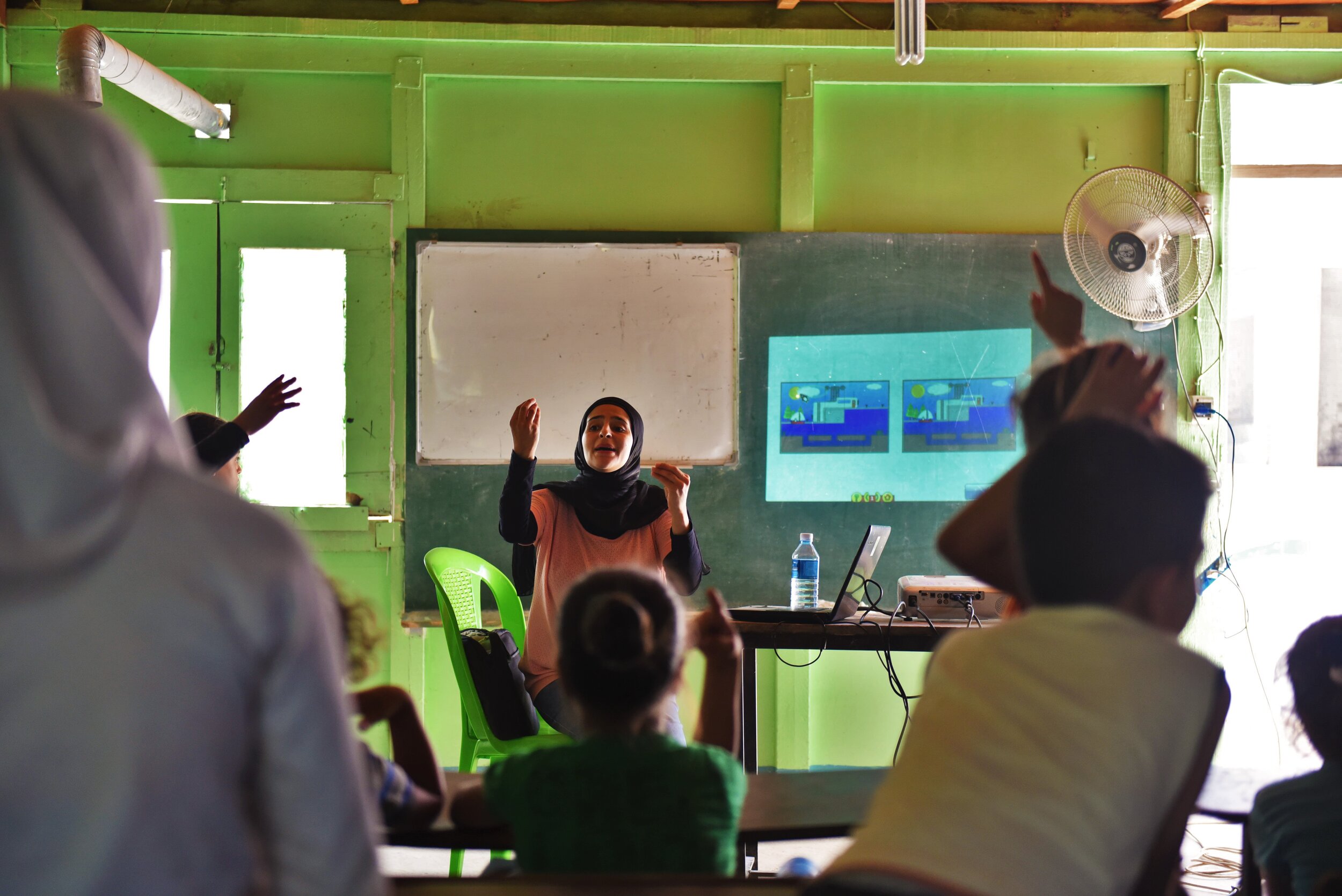
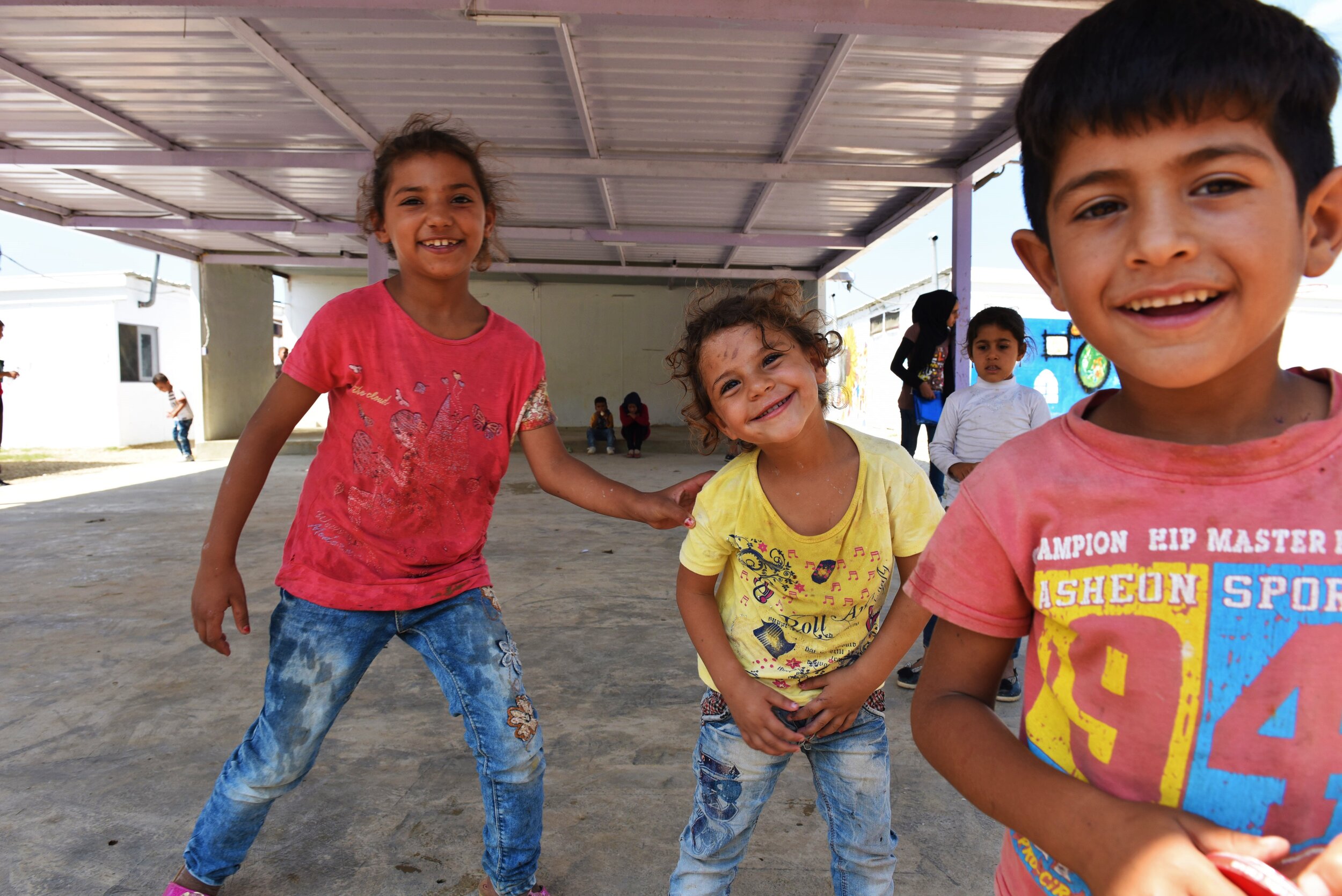
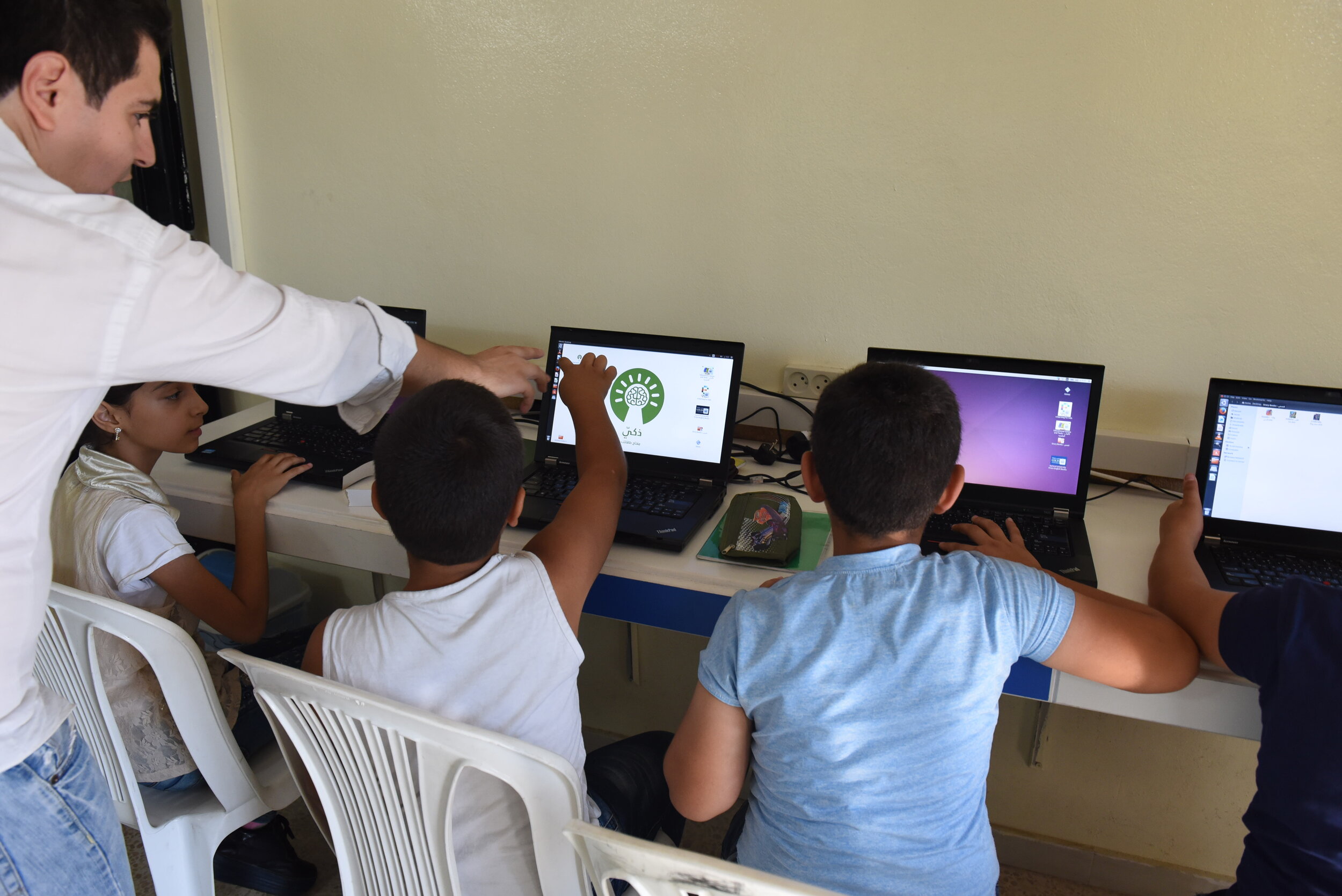
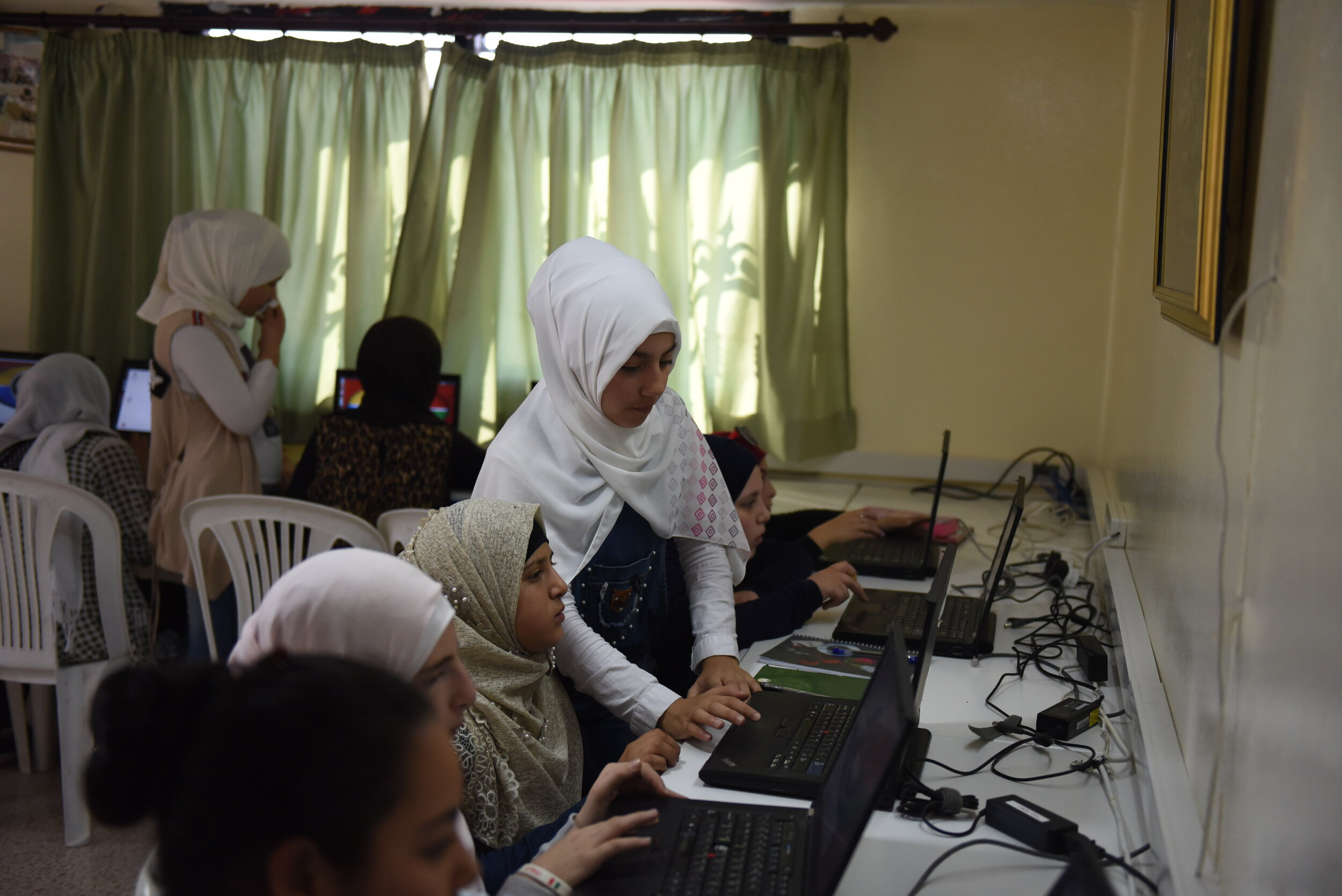

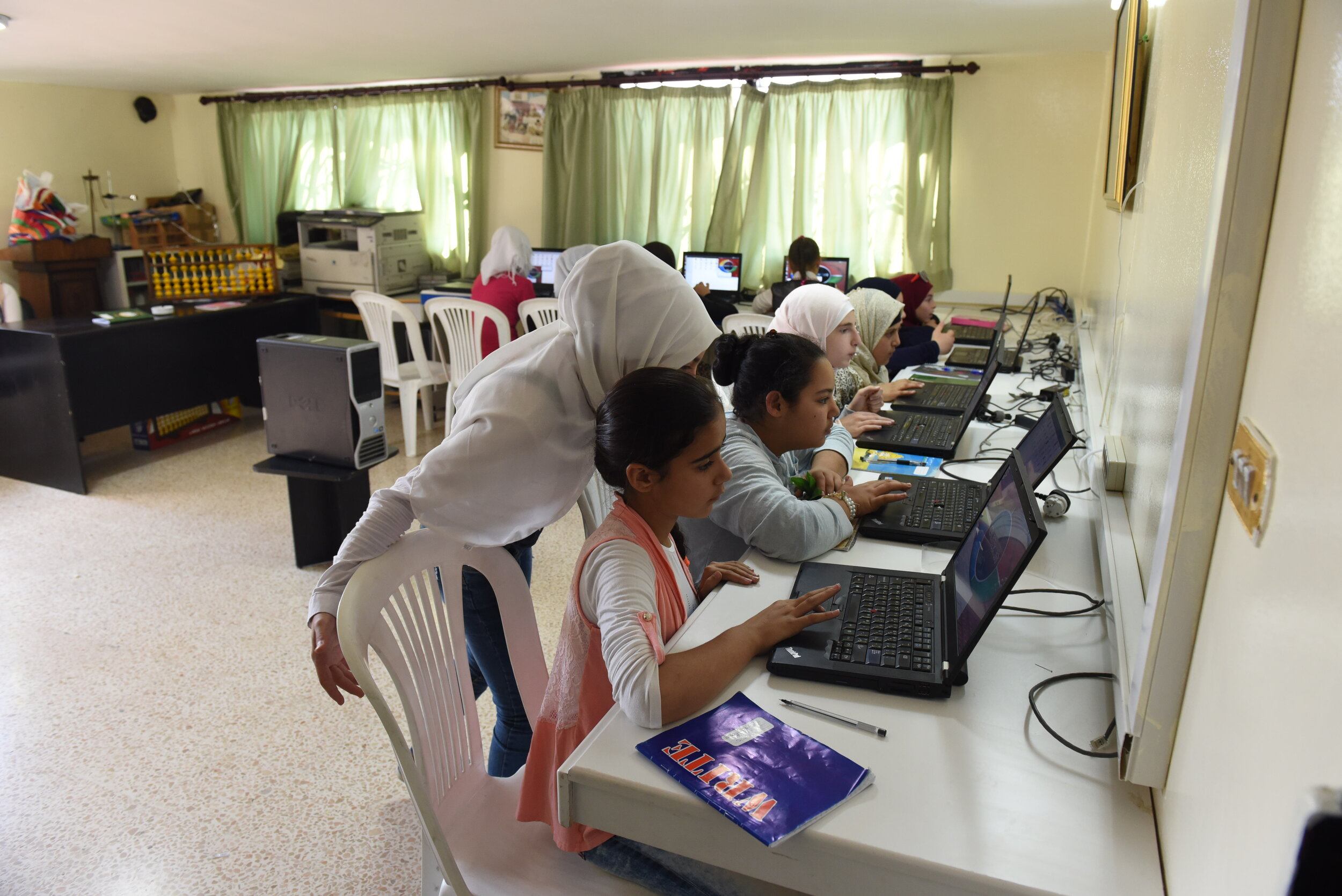


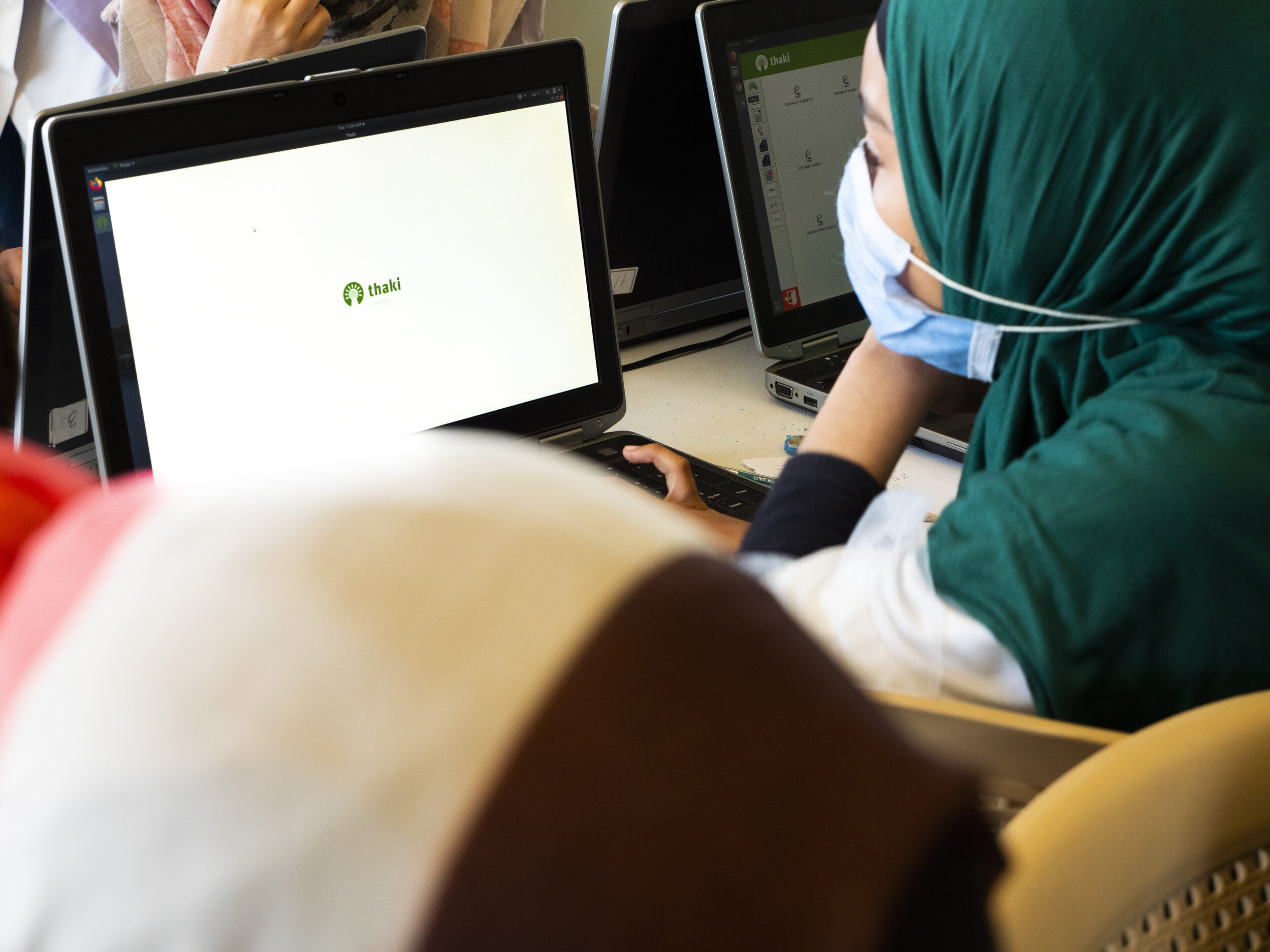
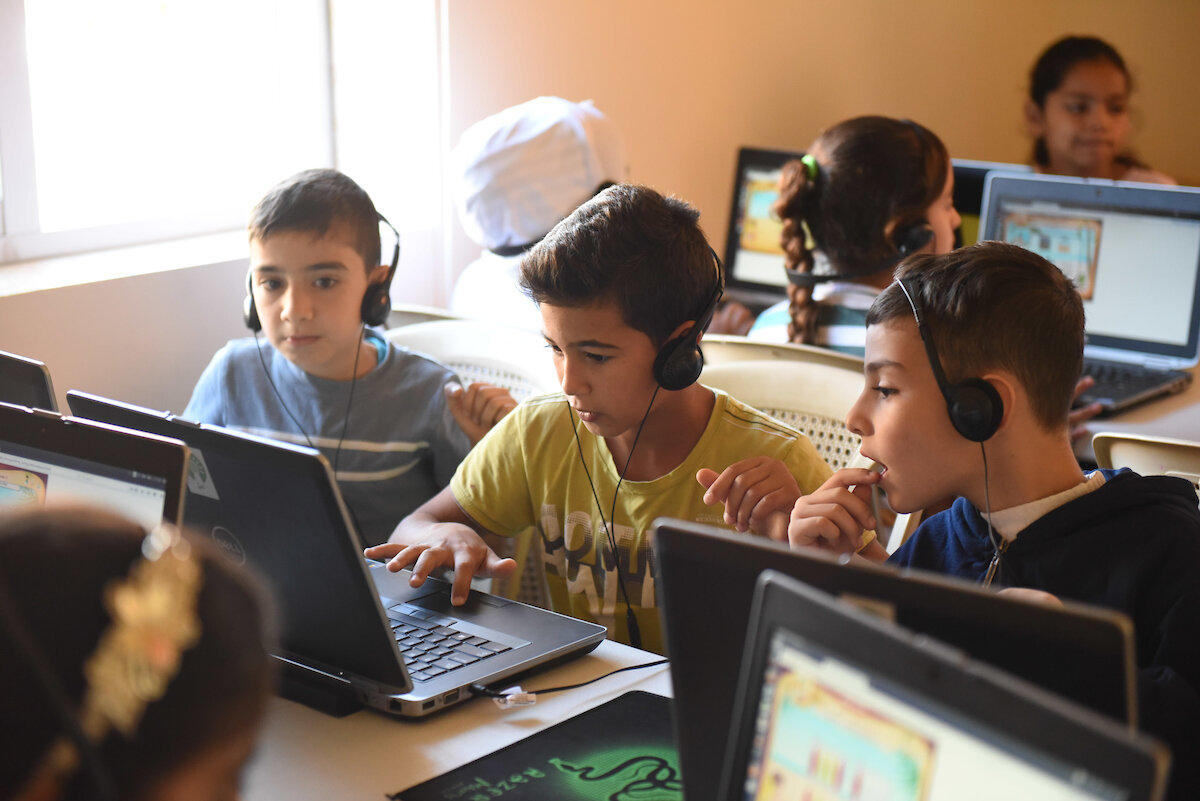
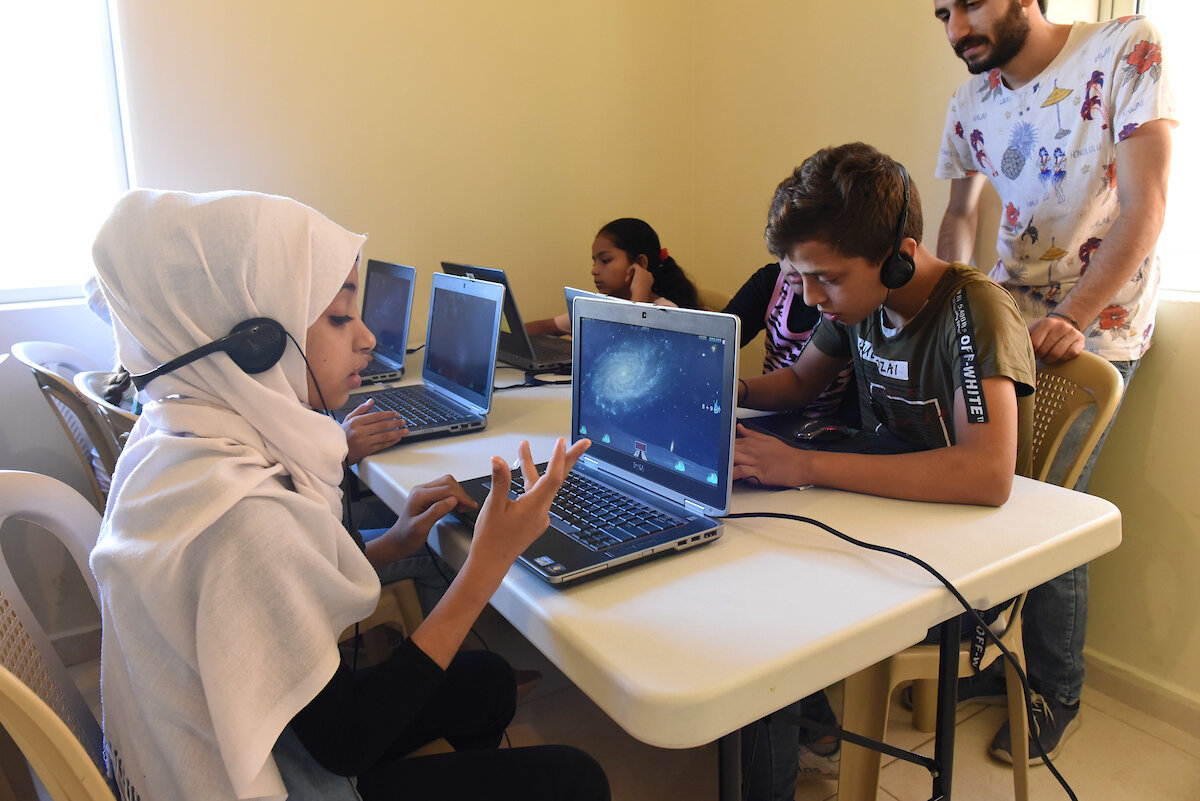
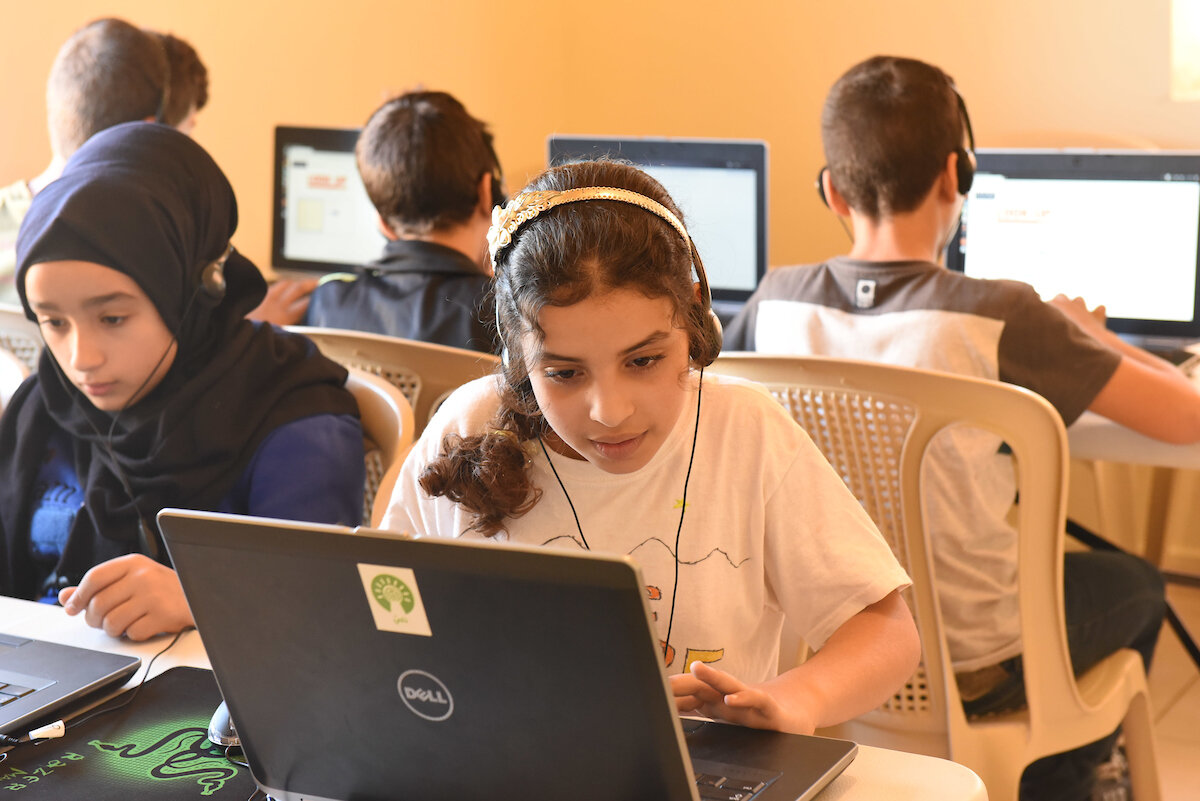
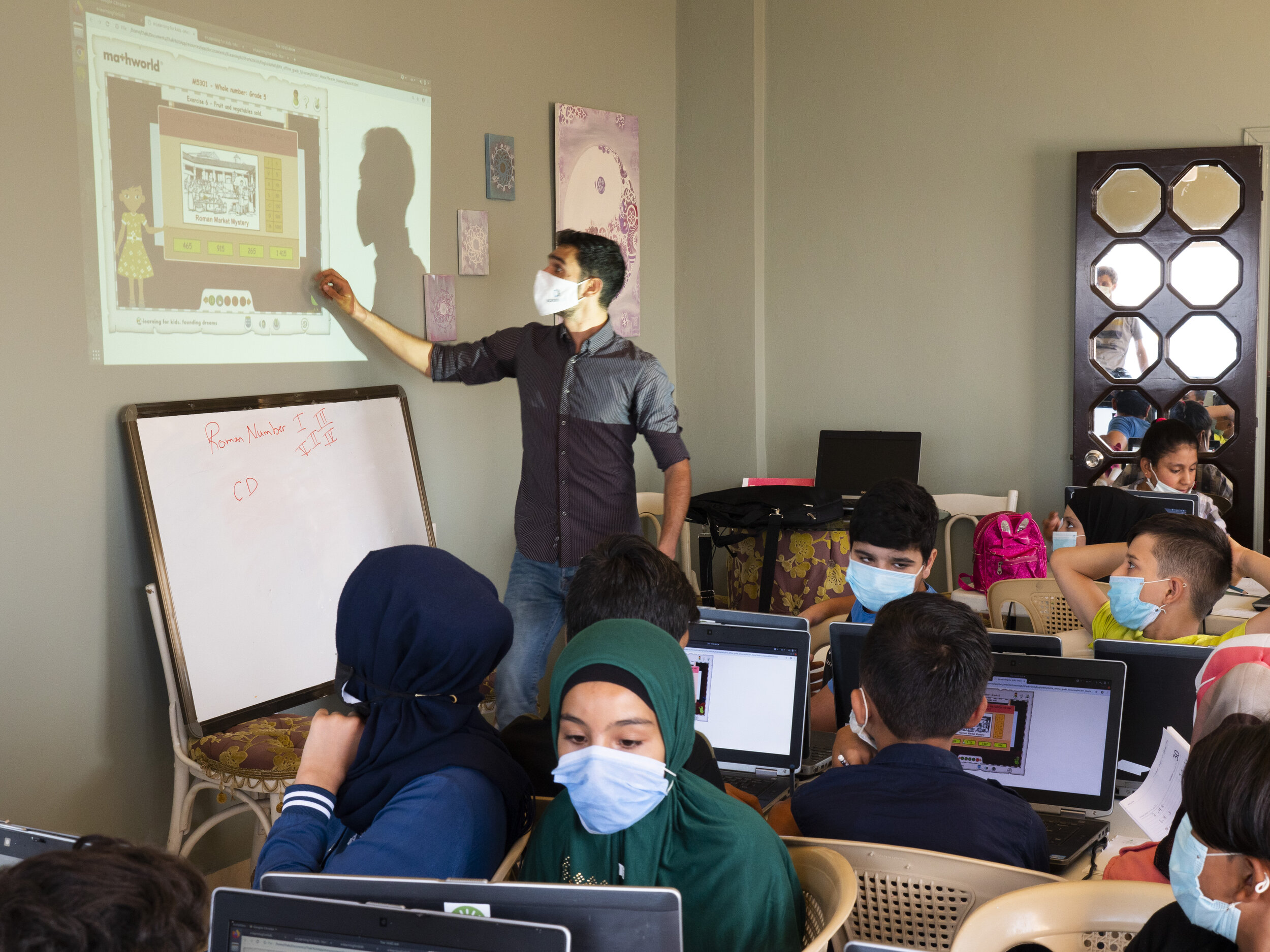
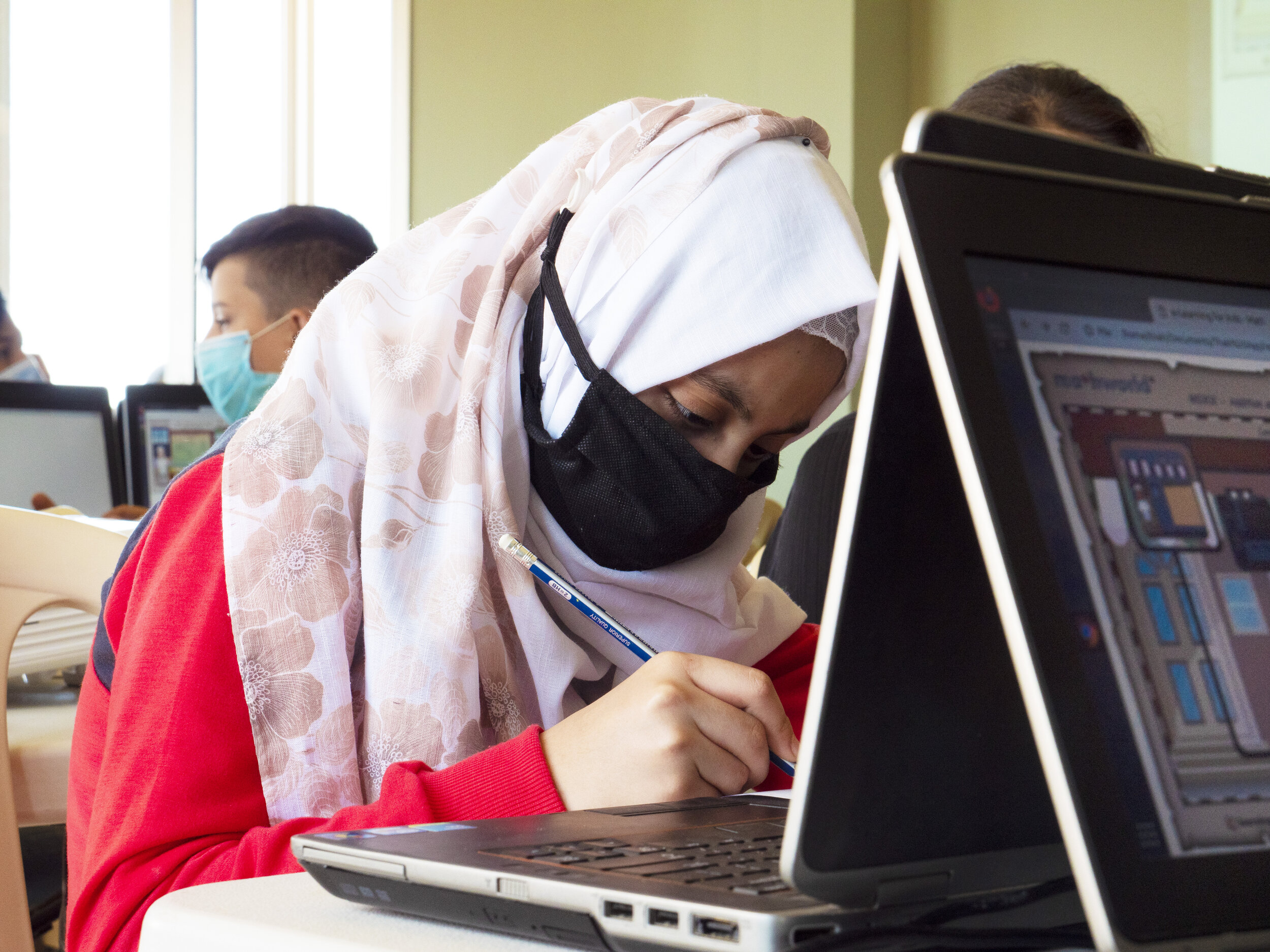
Andan announces winners of Innovation for Refugee Inclusion Prize
Andan and MIT Solve have cooperated to launch a prize “Innovation in Refugee Inclusion”
“Andan Prize for Innovation in Refugee Inclusion ”
September 29, 2020: MIT Solve, an initiative of the Massachusetts Institute of Technology that advances solutions to address the world’s most pressing issues, and the Andan Foundation support a prize to use innovation to advance economic, financial, and political inclusion of refugees in their hosting communities.
Today we are proud to announce that after 90 social entrepreneur finalists from 34 countries participated in the finals, 3 winners were picked to receive the Andan Prize for Innovation in Refugee Inclusion.
Humans in the Loop
Humans in the Loop provides refugee communities with training and remote work opportunities in the artificial intelligence industry.
Thaki
Thaki advances digital inclusion and bridges learning gaps by providing laptops with preloaded educational content for girls in refugee camps and underserved communities.
SOLshare
SOLshare creates peer-to-peer (P2P) energy microgrids to monetize excess energy and affordably bring solar electricity to the remote, rural, and off-grid communities of Bangladesh.
Solve is an initiative of the Massachusetts Institute of Technology (MIT) with a mission to solve world challenges. Solve is a marketplace for social impact innovation. Through open innovation Challenges, Solve finds incredible tech-based social entrepreneurs all around the world. Solve then brings together MIT’s innovation ecosystem and a community of Members to fund and support these entrepreneurs to help them drive lasting transformational impact.
Andan-MIT SOLVE
Andan and MIT Solve have cooperated to launch a prize “Innovation in Refugee Inclusion”
“Andan Prize for Innovation in Refugee Inclusion ”
MIT Solve, an initiative of the Massachusetts Institute of Technology that advances solutions to address the world’s most pressing issues, and the Andan Foundation support a prize to use innovation to advance economic, financial, and political inclusion of refugees in their hosting communities. Learn more about the Andan Prize for Innovation in Refugee Inclusion
Elpis Solar
The lack of electricity in camps reduces the potential for refugees to earn any income, and complicates economic participation. Elpis Solar has developed two off-grid solar systems, a mobile phone charging system and a charging system that also provides water filtration.
Project: Elpis Solar
Country: Greece, Rwanda
Partner: Various Universities, UNHCR
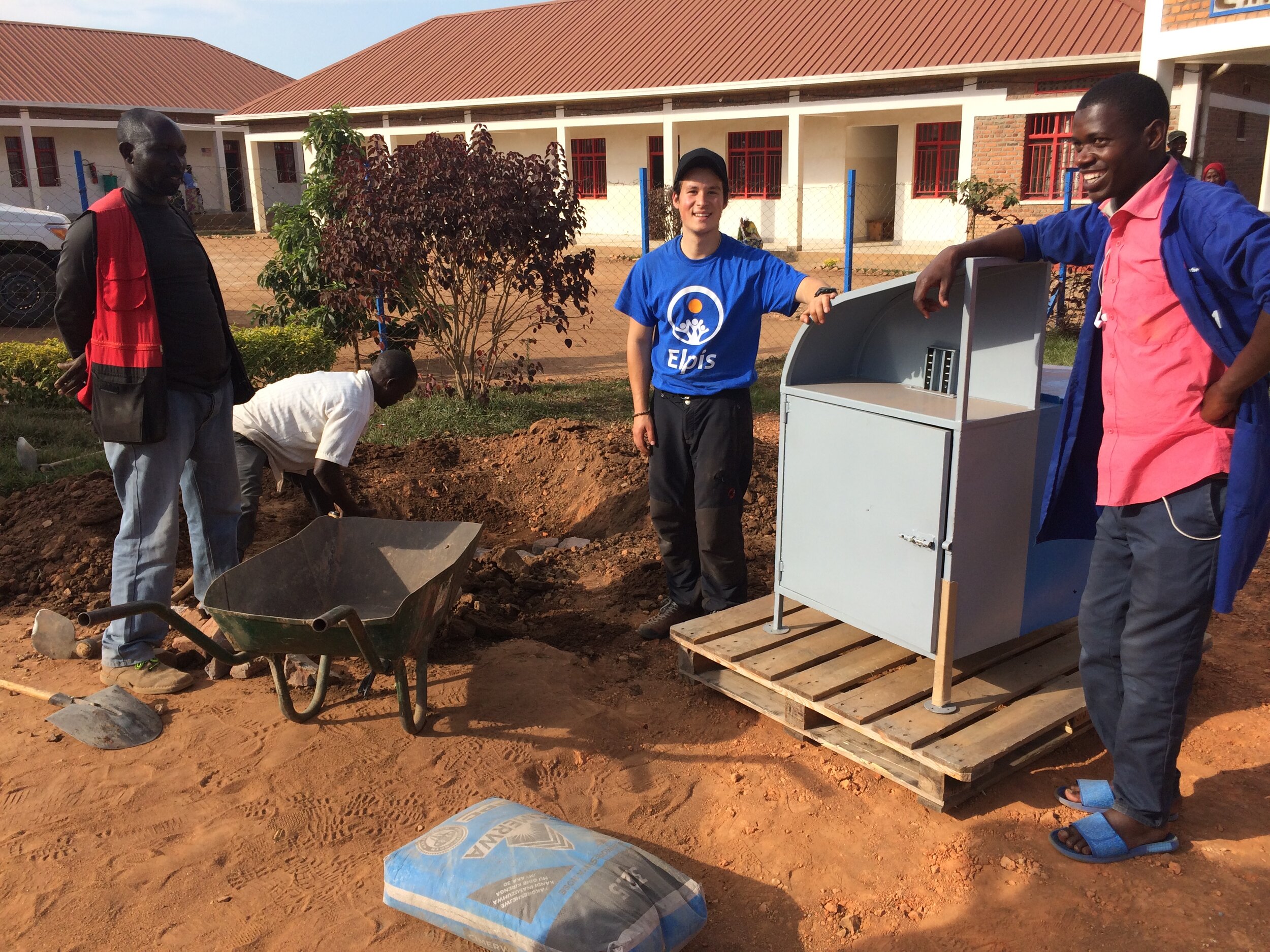

The lack of electricity in camps reduces the potential for refugees to earn any income, and complicates economic participation with mobile money being a key financial vehicle across Africa. Concerns over water quality are leading many refugees to boil water which is resulting in the deforestation of the surrounding countryside. Furthermore, the lack of lighting in the evening is compromising safety, particularly for women and girls. With a growing number of smartphone users, connectivity is also a problem due to financial barriers. This, coupled with sparse in-camp educational opportunities for adults, means that many are left with little to no future employment prospects.
Project Description
A group of students from the University of Edinburgh, in collaboration with a Greek solar technology company developed two off-grid solar systems, a mobile phone charging system (SolarHub), and a charging system that also provides water filtration (Swapcy). 11 units across 6 refugee camps have been deployed so far:
SolarHub
A commercially deployable solar mobile phone charging station designed for emergency relief in off-grid scenarios. The SolarHub powers 3600 phones per month.
Swapcy
Equipped with a sediment filter and two integrated anti-microbial ultrafiltration membranes, Swapcy filters up to 9000 litres of water per month as well as charges 1200 phones and provides light in the evenings.
Digital-Hub
All of the units include an integrated offline educational content platform that is made available via a local WiFi hotspot. This ‘Digital-Hub’ currently contains over 250GB of educational content in French and English (complete copies of Wikipedia sorted by subject, over 40,000 e-books, TEDx videos, interactive science games, and others). Now anyone with a WiFi-capable phone can access this information without needing a connection to the internet.
ELPIS is deploying a micro-entrepreneur model that empowers camp residents to run their solar charging businesses. Unit managers gain valuable skills and income, whilst some of the proceeds cover operational and maintenance costs. The digital services platform will provide a direct way for digital service providers (humanitarian organisations, governments and private companies), to disseminate their content and advertise to a hard-to-reach and often neglected customer segment.
Blockchain-based Certification of Healthcare Professionals
The worldwide shortage of more than 7.2 million healthcare professionals constitutes one of the most pressing global health issues of our time.
Project: Blockchain-based Certification of Healthcare Professionals
Implemented by: The Andan Foundation, THI, CGFNS, UNHCR, Procivis
Shortlisted for the MIT Solve Challenge 2018, Frontlines of Health
The worldwide shortage of more than 7.2 million healthcare professionals constitutes one of the most pressing global health issues of our time. Within refugee populations globally are untold numbers of precisely such professionals, who represent a potential workforce asset in their host countries, their home countries, or any other country with a skills shortage.
Sadly, refugee healthcare professionals and caregivers are often not allowed to work in their host countries. Also, many lose their qualifications when they flee for their lives and, as such, cannot return to work anywhere. Without a timely intervention in the form of professional credential restoration, these individuals within displaced populations represent a huge economic and skillset loss.
This project is a collaboration between The Andan Foundation, The Humanized Internet, and the Commission on Graduates of Foreign Nursing Schools. It aims to requalify refugee caregivers and thus allow them to practice again. The greater goal is to improve the employability of refugees in the healthcare sector on a global level, to address the worldwide skills shortage. Doing so will also offer refugees the profound psychological benefit of being able to maintain and further develop their personal and professional identities at a time of great emotional and physical upheaval in their lives.
The target population is experienced refugee caregivers who hold qualifications in areas including children’s health and aged care, registered nurses, physical therapists, medical technicians, and speech or language therapists. The project is centered on the use of blockchain technology to enable refugees’ professional identities to be digitally stored and then used to support their ongoing employability and international mobility.
This solution takes into account the fact that many existing refugees, living in either camp or urban situations, are likely to have no access to their certifications or to the institution that originally issued them. Since blockchain is decentralized by nature, we aim to leverage this technology to enable individuals to hold and control their data, which can be still accessed and used during humanitarian situations such as wars and natural disasters.









